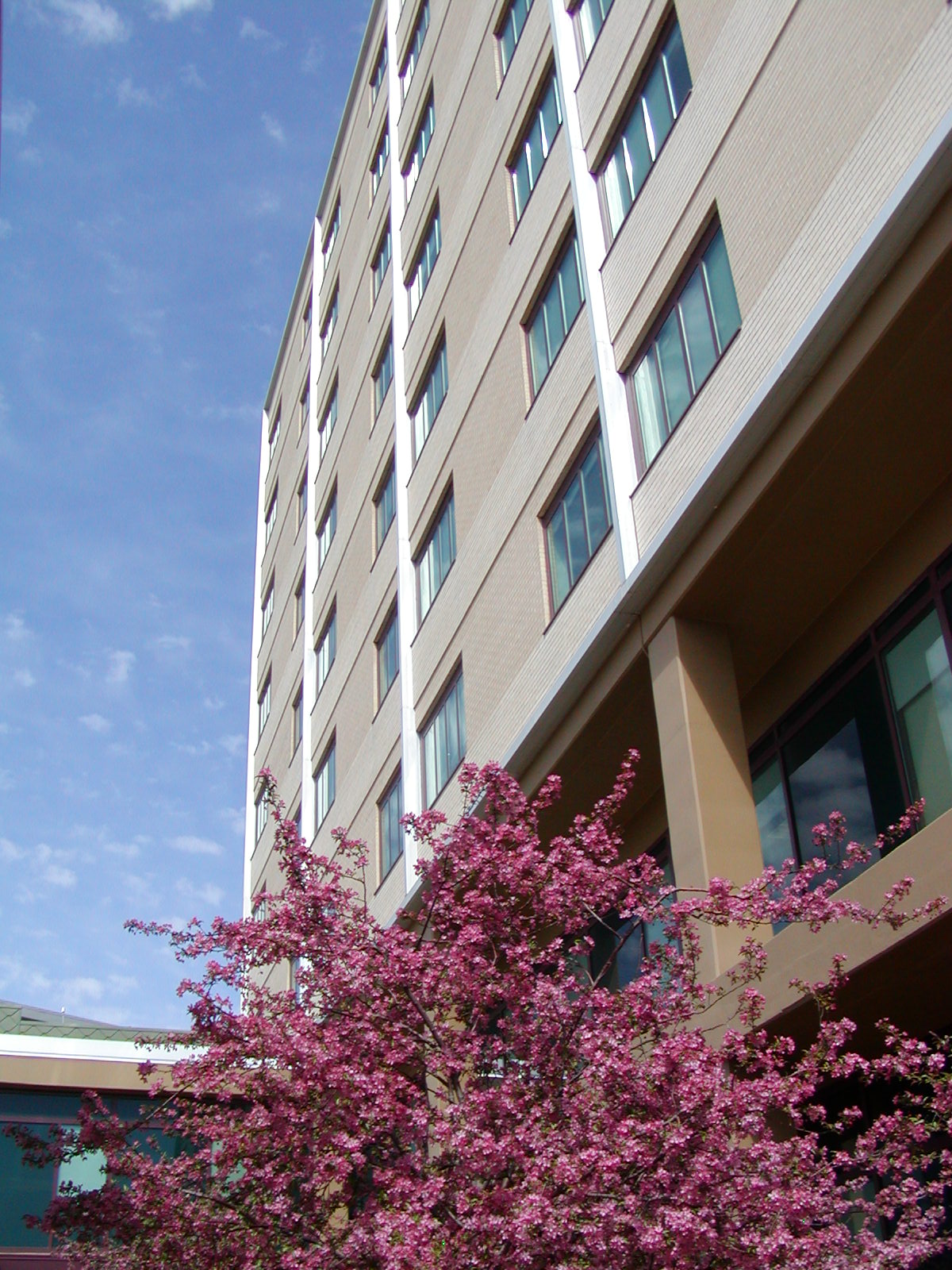
Numerous assistantships are available with different research groups in and related to the School of Natural Resources. Each has their own requirements and deadlines for submitting information.
Doctoral Student in Artificial Intelligence Applications to (re)Design Climate-
Resilient Water Resources Infrastructure-Groundwater
Due: May 31, 2024 or until position is filled.
The incumbent will be working on
the integration of water quality and quantity at the surface water-groundwater interphase using MODFLOW and data-driven models. We look for candidates with (1) strong programming skills (C, Fortran, Python, or other programming languages); (2) excellent oral and written communication skills; (3) a bachelor's and master's degrees in atmospheric sciences, civil, environmental, or biosystems engineering, computer science, or other scientific and engineering backgrounds are encouraged to apply; and (4) a commitment to work in an interdisciplinary and team-based research collective that fosters diversity, equity, and inclusion.
More information at https://go.unl.edu/ze67
Doctoral Student in soft computing and modeling for evapotranspiration
diagnostics and prognostics
Due: May 31, 2024 or until position is filled
The incumbent will be part of collaborative network of scientist, engineers, and practitioners working on the integration of remote sensing, biophysical modeling, and expert systems for field-to-regional water resources management using image processing and data driven models. We welcome applications from individuals with (1) strong programming skills (Python, Google Earth Engine, JavaScripting); (2) strong oral and written communication skills; (3) a bachelor's and master's degrees in atmospheric sciences, civil, environmental, or biosystems engineering, computer science, or other scientific and engineering backgrounds are encouraged to apply; and (4) a commitment to work in an interdisciplinary and team-based research collective that fosters diversity, equity, and inclusion.
More information at https://go.unl.edu/nos4
Ph.D. Assistantship –Spatial Ecology of Wild Turkeys
Due: May 31, 2024
The successful candidate will work with large datasets to conduct analyses on spatial ecology, and population dynamics of wild turkeys in
western Nebraska. The successful candidate will work closely with a team of graduate students and technicians with a focus on turkey spatial ecology. The expected results from this research project will be directly applicable to wild turkey management in Nebraska and will contribute critical information to the broader understanding of factors affecting wild turkey population declines across the United States.
More information at https://go.unl.edu/prkm
M.S. Assistantship –Wild Turkey Spatial Ecology in Nebraska Agency:
Due: May 31, 2024
The successful candidate will work with a large dataset to conduct analyses on movements and habitat selection of wild turkeys in western Nebraska. The successful candidate will work closely with a team of graduate students and technicians. The expected results from this research project will be directly applicable to wild turkey management in Nebraska and will contribute critical information to the broader understanding of factors affecting wild turkey population declines across the United States. The successful candidate will be expected to assist with various aspects of fieldwork, which include but are not necessarily limited to capture and GPS monitoring of male and female wild turkeys, nest and brood monitoring, vegetation surveys, disease monitoring, mesopredator camera trap surveys, and acoustic monitor setup and maintenance.
More information at https://go.unl.edu/9q7n
MS Research Assistantship in Groundwater Quality and Hydrogeophysics
Due: July 1, 2024
The goal of this project is to evaluate the extent to which geological heterogeneity influences spatial patterns of NO3-N (nitrate) reduction in the vadose zone and aquifer. Field methods will include transient electromagnetics along with drilling, coring, and sampling. Laboratory methods will include geochemical analysis of sediment and water samples.
More information at https://go.unl.edu/f2ny